5 Things You Should Do To Improve Your Sleep
(And 3 Things You Should Avoid)
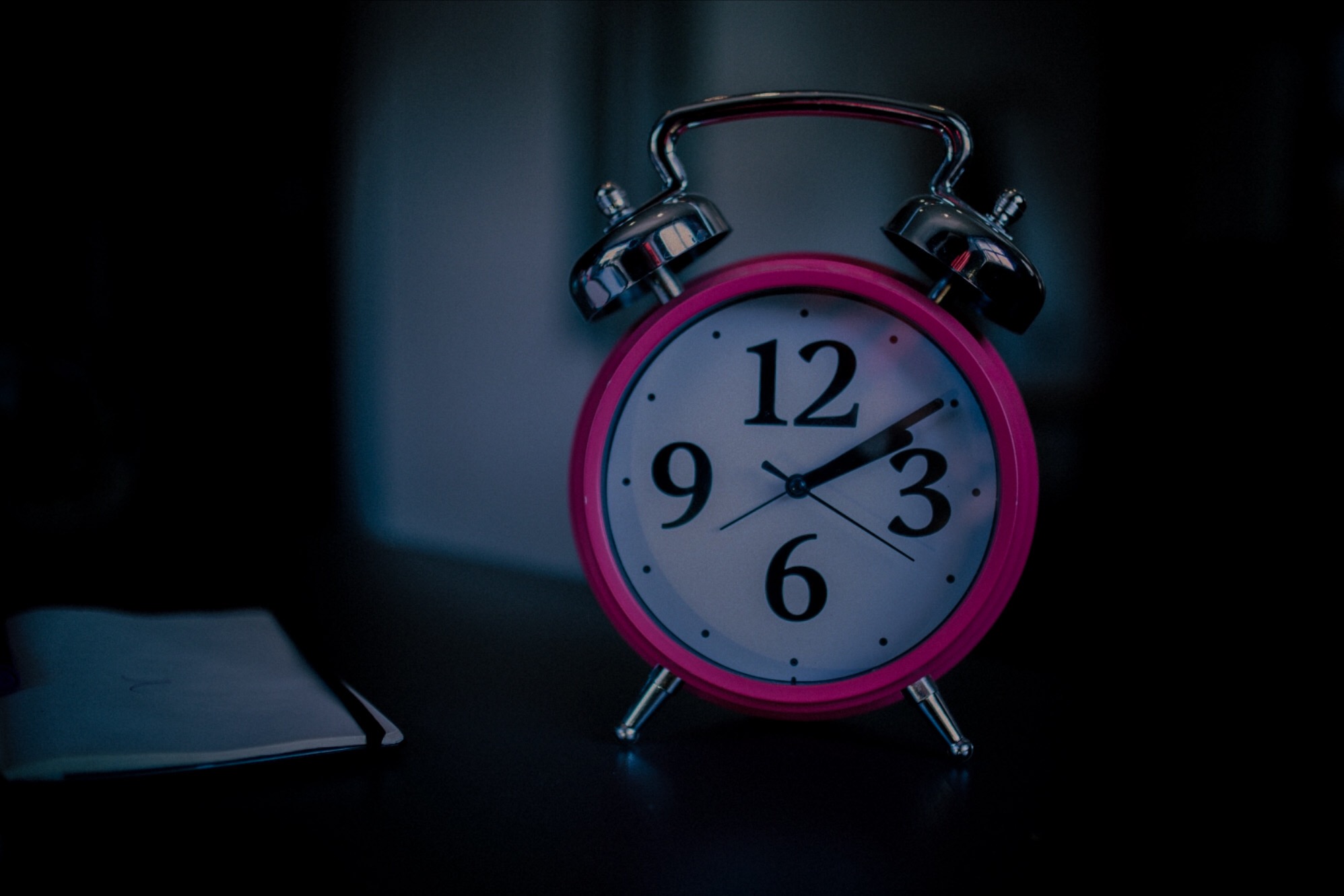
Have a consistent time to go to bed and wake up
Your best bedtime will fluctuate throughout your life and vary from person to person. Are you an early bird or a night owl? Most of us our ‘mid-birds’ which are in between these two poles.
Which are you? Pick a consistent time to go to bed and wake up. I know for myself when I break this rhythm my sleep is not as restful.
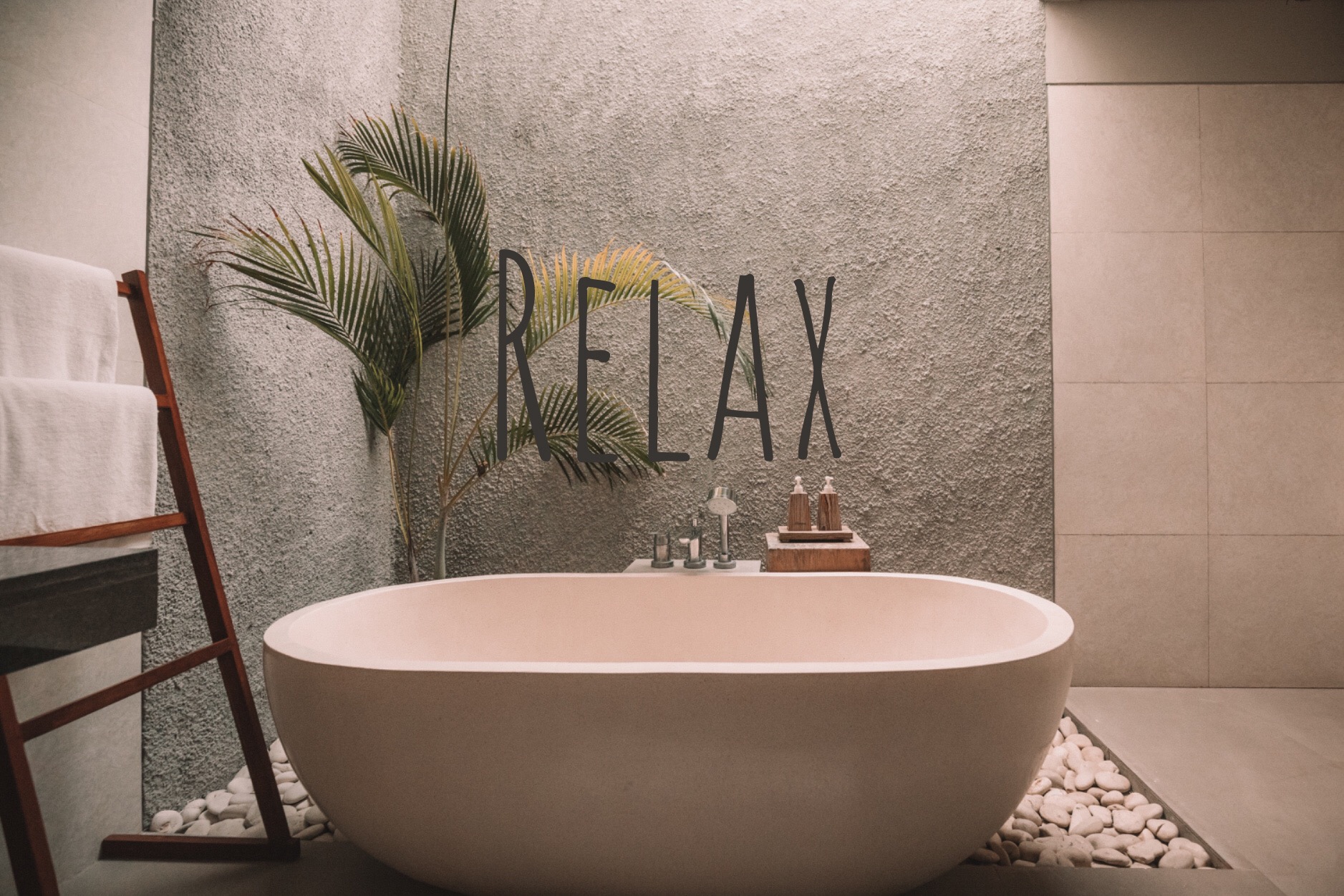
Have a bath or shower before going to bed
My wife has a bath most nights and this does wonders to her frame of mind and relaxed state before bed. For me, I like showers. The key is that these have to be relaxing to you.

Exercise
Effect of Acute Physical Exercise on Patients with Chronic Primary Insomnia
In this study 3 different exercise groups were compared against a control group while sleep studies were conducted as well as subjective assessments of sleep and anxiety. The moderate aerobic exercise group showed significant improvements in sleep parameters as well as reduce pre-sleep anxiety.
“The polysomnogram (sleep study) data showed reduction in the sleep onset latency (55%) and in the total wake time (30%); increase in total sleep time (18%), and in the sleep efficiency (13%) in the Moderate Aerobic Exercise group... In addition, reduction (15%) in anxiety was also observed after moderate-intensity aerobic exercise.” Giselle Passos et al
Commit to 30 minutes of aerobic exercise 3 to 5 times a week.
This is easier said than done but there is so much health benefit to aerobic exercise, getting your breathing and heart rate up, that this is something that you should commit to. The recommendation is to not exercise right before bed.
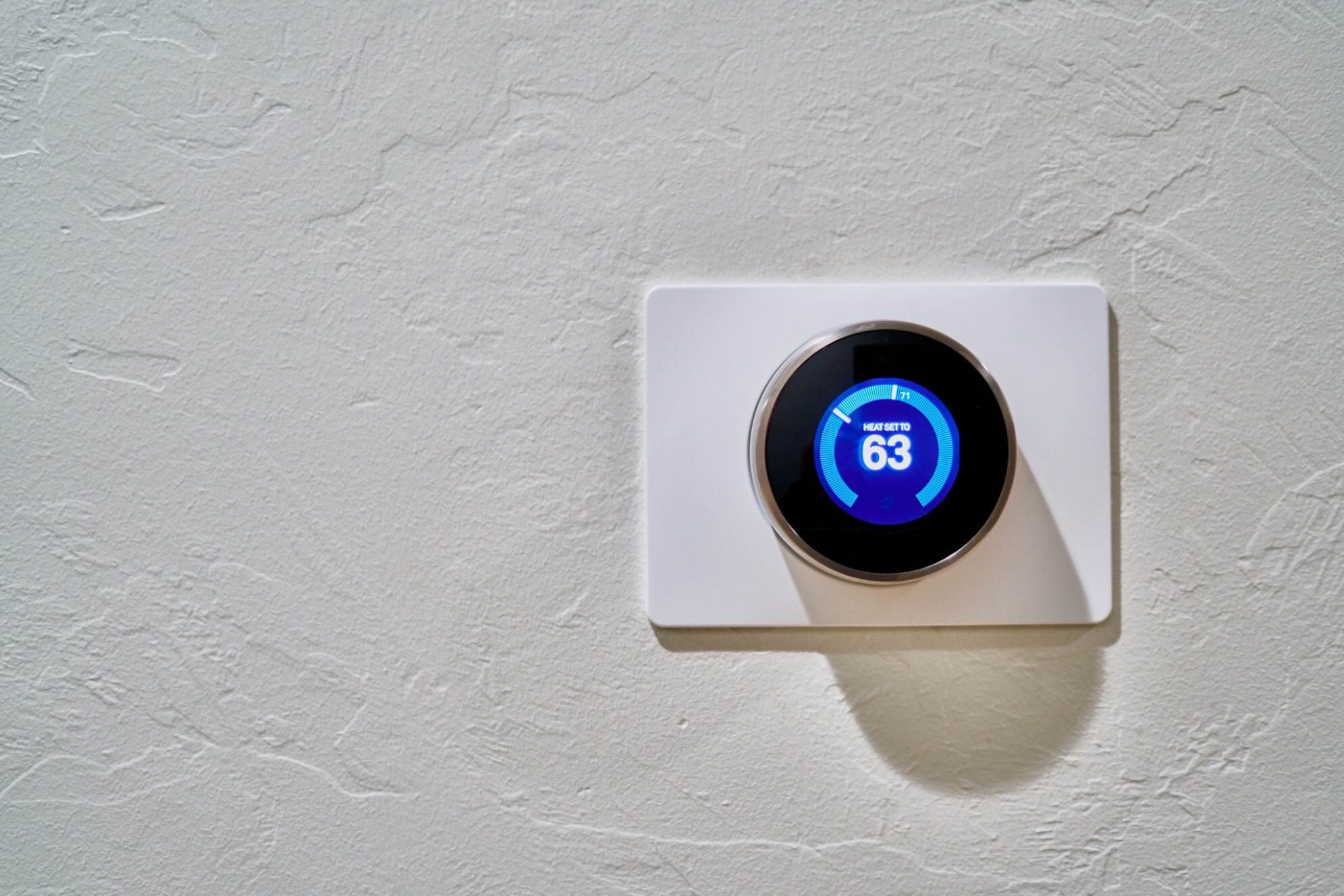
Room Temperature
There is an optimal room temperature for each person. If your room is too warm this can affect your sleep cycle. Usually cooler is better as warmer temperatures have shown decreased sleep quality.
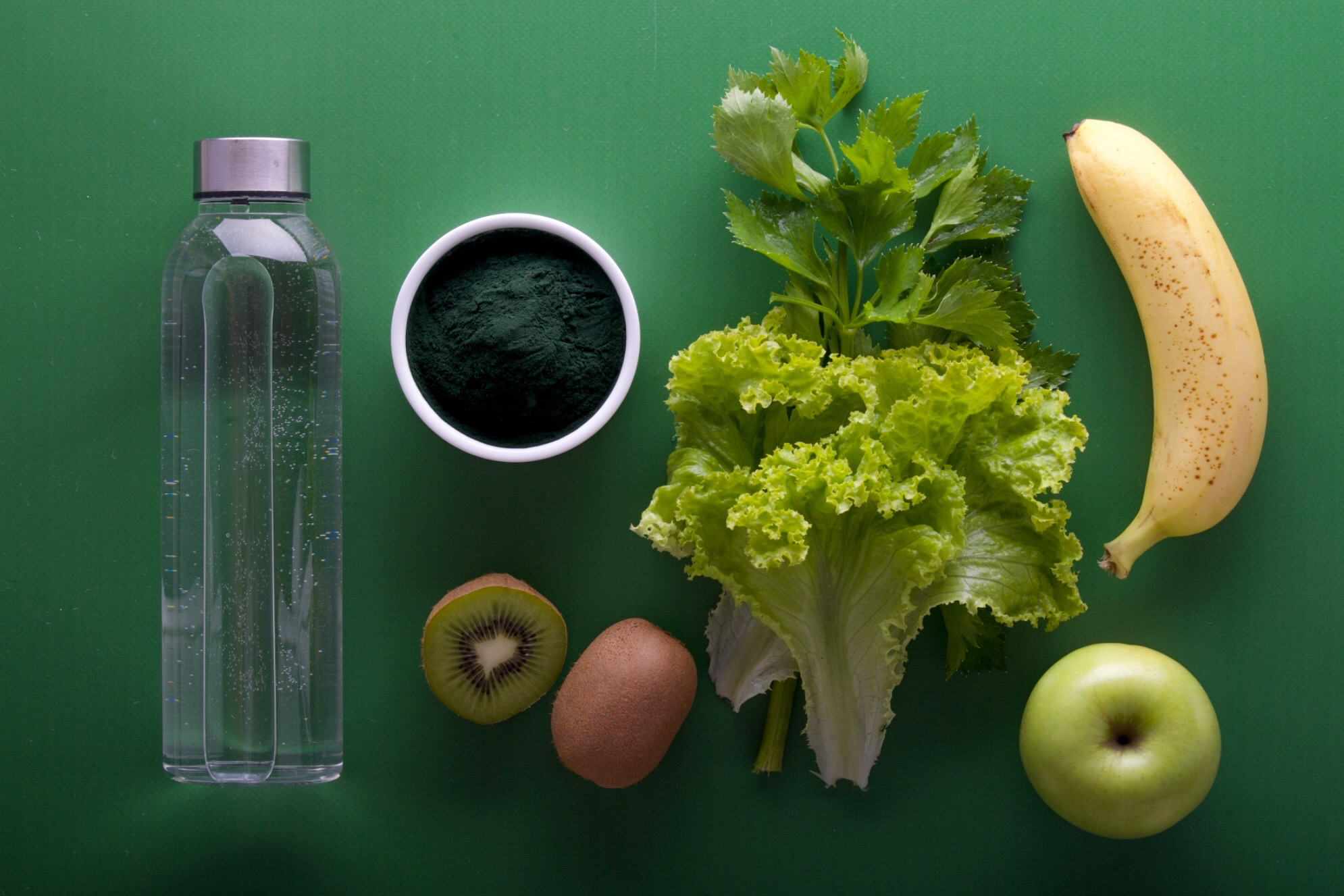
Supplements – Magnesium and Melatonin
The most common supplements, and ones with great research behind them, are Magnesium and Melatonin. I have tried each individually and together. The effect of both have been a good combination for my sleep. Magnesium has many other positive effects on our body and is just a great supplement to be on anyway.
Melatonin is a naturally occurring hormone in our body that is part of our circadian rhythm and assists in sleep and wakefulness. It rises in the evening as cortisol drops while lowering in the morning as our cortisol hormone rises.
Magnesium oxide or Magnesium gluconate; 400 to 500 mg daily
Melatonin 1-5 mg 30 to 60 minutes before bed
Check out Lavender as another supplement that has calming effects.

3 things you should avoid
Avoid drinking caffeinated or alcoholic drinks in the evening
Caffeine will affect our cortisol levels and impact our circadian rhythm. We want our cortisol to decrease in the evening not elevate.
Alcohol can cause increased sleep disturbance events as well as decreasing blood oxygen levels. Basically, it can negatively impact your sleep. In this study the negative sleep effects of alcohol extended into the second night even without further alcohol.
Put away your technology
Our phone, tablet and computer screens emit blue light and stimulate cortisol, reducing melatonin levels affecting our circadian rhythm.
Another reason for putting away our technology is to shut our brains down for the evening. I have a small notebook on my bedside table to write down ideas and get them off my mind. This helps me ‘turn off my brain’ and have my notes available for the next day to review.
Try reading a book or listening to music or an audiobook.
Don’t drink water before bed
Don’t drink water or fluids before bed. This will help reduce your likelihood of going to the bathroom in the middle of the night. Going to the bathroom before bed can also help reduce night time visits.
Do you have a sleep disorder?
You have tried to improve your sleep but you are still tired. You may have a sleeping disorder. Start by taking the GASP Questionnaire. These questions may not fully eliminate a sleep problem but when you answer yes to most of the questions it is more likely that you have obstructive sleep apnea. An ‘at home’ sleep study is a great test to screen for a sleep problem.
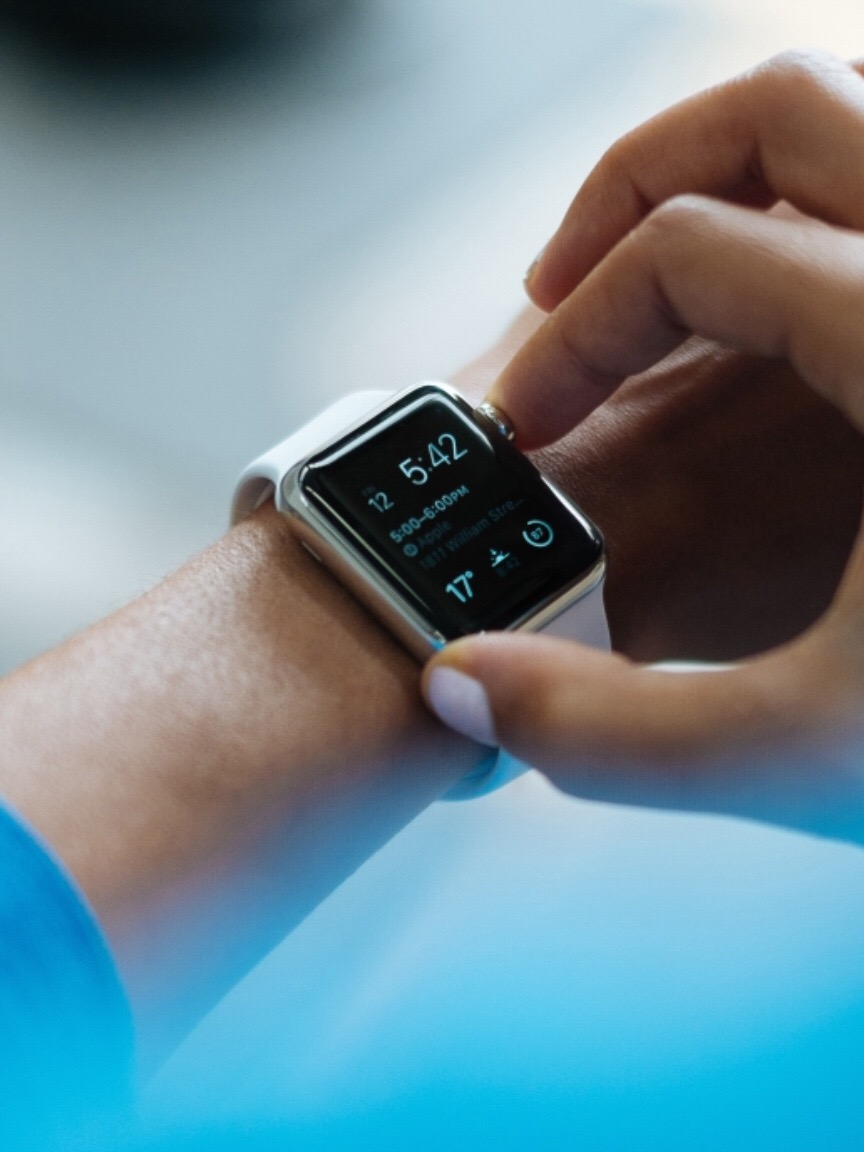
Are smart watches accurate in detecting a sleep problem?
I recently did an ‘at home’ sleep study while wearing my Apple Watch. The sleep study I conducted that night confirmed severe obstructive sleep apnea. My Apple Watch told me I had a great nights sleep.
Be careful using non-medical devices to determine if you have a sleep disorder. A combination of a clinical evaluation with your medical provider, sleep and medical history and questionnaires, and sleep study data are part of the diagnostic process and a team approach.
“My Apple Watch did not pick up my Obstructive Sleep Apnea!”
Getting a Sleep Study
The Breathing and Sleep Center offers an ‘at home’ sleep study at a reasonable price.
Your Primary Care Provider can connect you to a sleep study.
The big idea is this…
Develop a routine with better sleep habits. Your end of day and beginning of the morning routines and habits already exist. Are they healthy?
Check out this link on tips to a better morning...